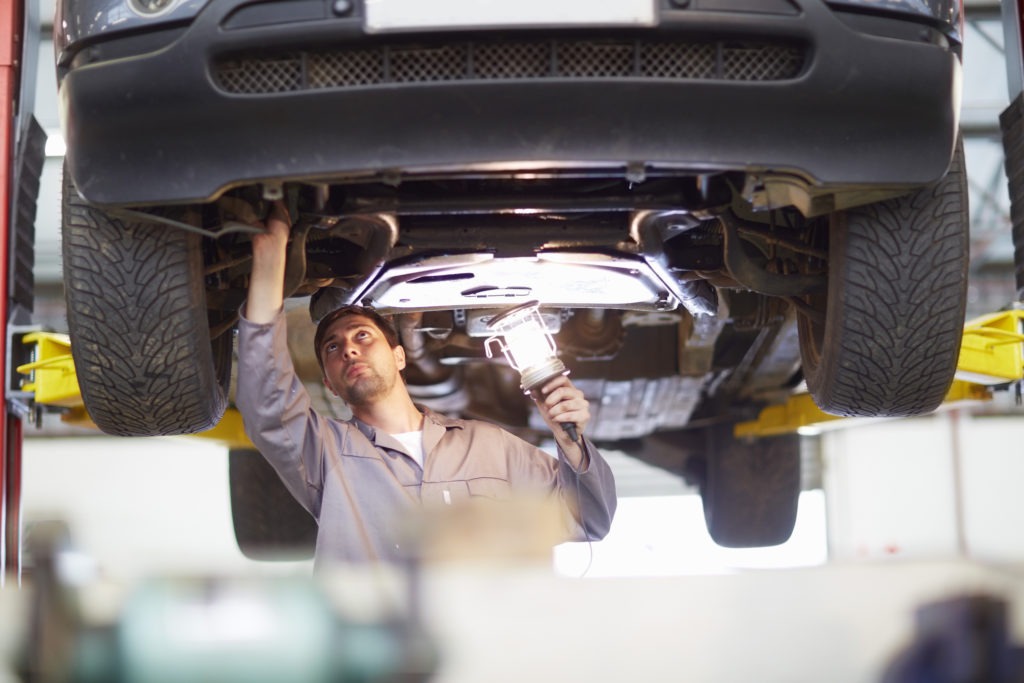Used diesel vehicles are more costly to repair claims new study
06 February 2018

6 February 2018
A UK study has found that used diesel vehicles are less reliable and more expensive to fix than their petrol counterparts.
The report by warranty provider Motoreasy analysed 30,000 three to eight-year-old vehicles over a 12-month period and found that diesel models broke down three times more on average. As the diesel market drops in the UK, buyers are moving to the used market to purchase the technology, partially due to older vehicle excise duty (VED) rates remaining favourable.
Drivers of diesels are also likely to pay bigger repair bills, partially due to the complexity of the engine and its components compared to petrol vehicles. The average engine repair bill for a diesel was £517 (€588) compared with £433 (€493) for a petrol vehicle, a difference of 20%.
Duncan McClure Fisher, the founder of MotorEasy, comments: ″Diesels experience many more small problems than petrol cars. They are less reliable and, when a big item goes wrong, it costs a lot more to put right.”
He advised: ″If you’re still considering a used diesel car, our advice is to avoid high-mileage examples, particularly if you are only driving low mileage or doing city driving.″
With engine faults, in particular, being far more prevalent in diesels than petrol cars, the biggest repair cost amounted to an eye-watering £4,030.80.
Diesel cars are less reliable than petrol for more than seven in 10 manufacturers (71%), with Alfa Romeo oil-burners faring the worst against their petrol counterparts and experiencing a fault almost four times as often. The most reliable diesel cars are made by Skoda, with a failure rate of just 9%, the report states.
Alfa Romeo, Chevrolet, Land Rover, Kia and Mazda diesels have the highest average diesel engine repair cost versus petrol counterparts.
The higher rate of diesel engine failures is mostly down to the fact that diesel engines are under more pressure than petrol counterparts. Diesel units rely on self-compression, meaning that fuel is compressed to a much greater extent, putting more pressure on internal engine parts. The higher pressures within can also lead to more wear and tear, adding to the potential of a component failure.
Only seven of 25 car makers analysed showed fewer breakdowns for diesel models. Petrol-powered BMWs experienced faults 60% more often, while Audi, Skoda, Lexus, MINI, Peugeot and Porsche also bucked the trend.
Diesel is being continuously demonised in the UK, with the government announcing that new vehicles sold will be put into a higher band of VED for their first year of registration. This has confused the automotive industry, as newer diesels are considered cleaner than their predecessors, and by discouraging their purchase, air quality will be impacted. This is already being seen, with CO2 levels in the country rising 0.8% in 2017, the first time since monitoring air levels began 20 years ago.